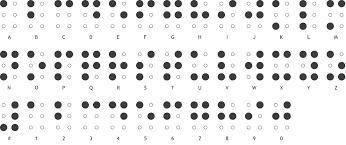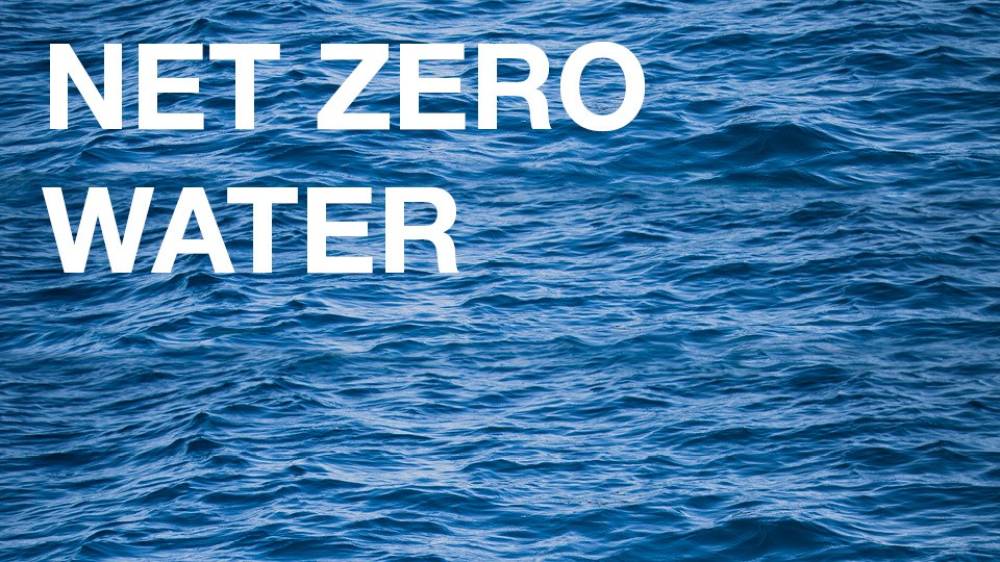

Net Zero Water in Mauritius: A Sustainable Solution for Water Management
Mauritius, a beautiful island nation in the Indian Ocean, faces significant water challenges due to its limited freshwater resources and vulnerability to climate change. In recent years, the concept of achieving net zero water has emerged as a potential solution to address these challenges. This blog post will explore the context of net zero water in Mauritius, highlighting the country's unique water situation and discussing strategies to achieve a sustainable water future.
Water Challenges in Mauritius:
Mauritius experiences periods of water scarcity, exacerbated by population growth, tourism demands, and variable rainfall patterns. The island heavily relies on surface water reservoirs and groundwater aquifers for its water supply. However, these resources are finite and vulnerable to pollution and depletion. Climate change poses additional threats, including sea-level rise and altered rainfall patterns, further intensifying water stress on the island.
Facts and Figures:
The total renewable water resources in Mauritius are estimated to be around 700 million cubic meters per year, with an average annual rainfall ranging from 1,500 to 2,500 millimeters.
The main reservoirs in Mauritius, such as the Mare aux Vacoas and La Nicolière reservoirs, have a total storage capacity of approximately 45 million cubic meters.
The average water consumption per capita in Mauritius is around 180 liters per day, with the domestic and tourism sectors accounting for the highest water consumption.
Around 93% of wastewater generated in Mauritius is collected and treated before discharge, primarily for agricultural irrigation purposes.
The country commissioned its first seawater desalination plant in 2013, with plans to expand desalination capacity to address water scarcity issues.
Rainwater harvesting is increasingly promoted in Mauritius for non-potable uses such as irrigation, toilet flushing, and industrial processes.
The Water Efficiency Master Plan (WEMP), launched in 2019, aims to reduce water consumption by 20% by 2030 through the adoption of efficient technologies and practices.
Strategies for Achieving Net Zero Water in Mauritius:
Efficient water infrastructure: Improving water efficiency in buildings, industries, and agriculture is vital. Encouraging the use of water-saving fixtures, efficient irrigation techniques, and promoting best practices for water management can significantly reduce water demand and minimize wastage.
Rainwater harvesting: Capturing rainwater from rooftops and other surfaces can provide a decentralized water source for non-potable uses such as irrigation, industrial processes, and toilet flushing. This helps supplement water supply and reduce dependence on traditional sources.
Wastewater treatment and reuse: Implementing advanced wastewater treatment systems can help recycle and reuse treated wastewater, reducing the reliance on freshwater sources. This reclaimed water can be utilized for irrigation, industrial purposes, and groundwater recharge.
Desalination and water reuse: Establishing desalination plants to produce freshwater from seawater can help augment the available water supply. Exploring innovative water reuse technologies can also contribute to water availability and sustainability.
Water conservation education and awareness: Public education campaigns can raise awareness about the importance of water conservation and sustainable practices. Promoting responsible water use in households, schools, and businesses can lead to significant behavioral changes and contribute to overall water savings.
Benefits of Net Zero Water in Mauritius:
Implementing net zero water strategies in Mauritius offers several benefits:
Enhanced water security by reducing dependence on external sources and diversifying the water supply.
Environmental protection, preserving delicate ecosystems, and maintaining biodiversity.
Economic opportunities through the growth of local industries and the creation of green jobs.
Climate change adaptation by building resilience against changing weather patterns.
Conclusion:
Achieving net zero water in Mauritius is a critical step towards ensuring a sustainable and resilient water future for the island nation. By adopting strategies such as efficient water infrastructure, rainwater harvesting, wastewater treatment, and desalination, Mauritius can overcome its water challenges and safeguard its freshwater resources. The implementation of net zero water practices will not only benefit the environment and water security but also foster economic growth and enhance the overall quality of life for the people of Mauritius.


